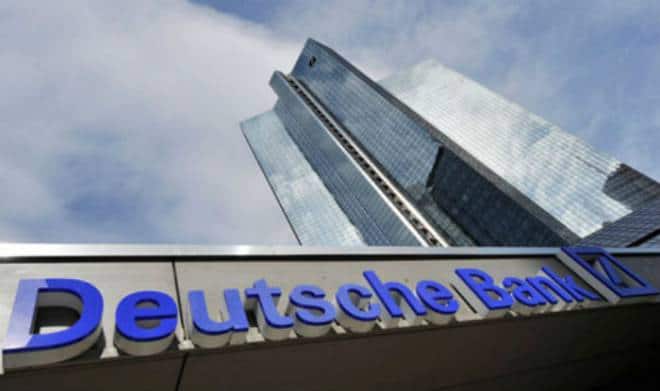Singapore: The Reserve Bank of India after outgoing Governor Raghuram Rajan will deal with a markedly different set of priorities, Deutsche Bank said in a special report. “There is little basis to guess the path of monetary policy to be pursued by the RBI under Governor-elect Urjit Patel, but there is sufficient empirical evidence to underscore the desirable path,” it noted in the report released this week. In order to maintain inflation and exchange rate stability, a positive feedback loop between savings and investment at various parts of the economy and good quality growth, the central bank has to ensure sufficiently positive real interest rates, said the bank in its analysis.
“This means that the RBI would have to be very careful about its communication going forward,” it said in the report ‘RBI after Rajan: inflation targeting and real rates’. “There may be a small window to ease policy in near term, but it would have to be utilised carefully so as not to undermine expectation about inflation and exchange rate stability,” said Deutsche Bank.
The Indian economy has been afflicted by a multitude of global shocks (oil boom and bust, global market volatility, slowdown in China) in recent years, which would have caused macro under-performance in any case, it noted. But the economy can be equipped with better “shock absorbers” if a domestic demand driven recovery is pursued, underpinned by positive real rates, stable inflation and exchange rate, prudent fiscal stance and investment friendly structural measures, said the German bank.
“We are encouraged by the positive developments in the fiscal and structural areas. Continued monetary policy prudence would complete the picture, in our view,” it said. While there may not be much debate about the need for positive real interest rates, the magnitude of steady state real rates (ie the neutral rate of interest rate consistent with a 4-5 per cent inflation target) is by no means settled. Rajan had been quoted stressing that 1.5-2 per cent real rates were essential to guide inflation expectations.
Following that rule of thumb, there would appear to be no room left to cut rates, given that the policy repo rate is already down to 6.5 per cent and inflation is unlikely to average less than 5 per cent, said the bank. But the new regime (helmed by the new Governor and soon-to-be formed 6-person Monetary Policy Committee) will have a chance to reshape the discussion around inflation targeting to some extent.
One point that the new Governor may make is that the sacrifice ratio may increase as inflation is brought down, ie little output was probably sacrificed while lowering inflation from 8 per cent to 6 per cent, but going further down might involve giving up non-trivial output, said Deutsche Bank. Under the rubric of flexible inflation targeting, the post-Rajan RBI may well argue that given the global environment and domestic dynamic, such a trade-off may not be warranted for the time being.
PTI

